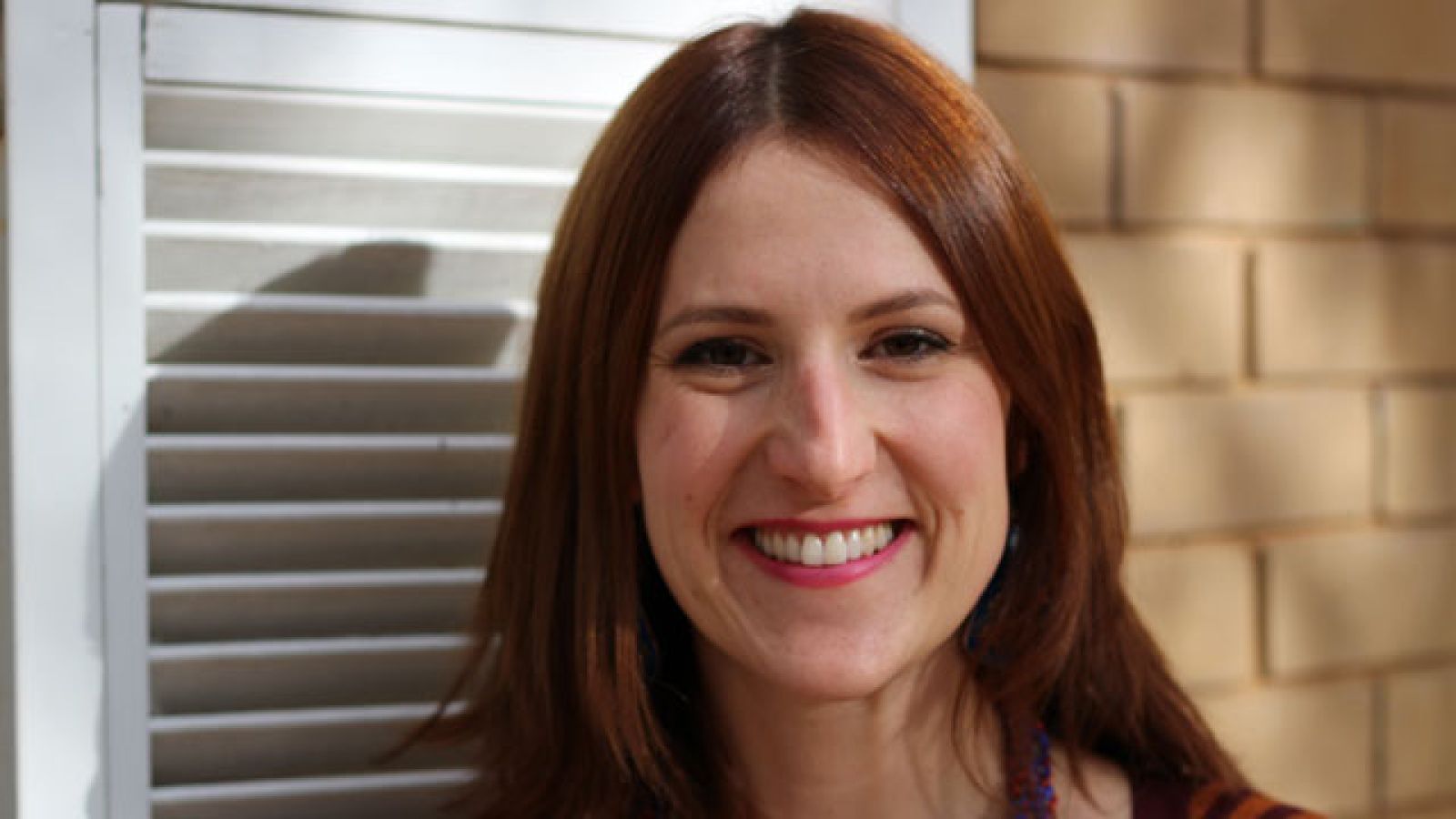ANU History student a finalist in national prizes

Alexandra Roginski is a doctoral candidate researching the history of popular phrenology. Pic: supplied
The College of Arts and Social Sciences is thrilled to congratulate School of History PhD candidate Alexandra Roginski, for being a finalist in the Council for the Humanities, Arts and Social Sciences (CHASS) national prizes.
Alexandra was one of three women shortlisted in the annual 2015 CHASS Australia Prize for a Student. All students shortlisted provided a student project, performance, exhibition or thesis which best demonstrates the contribution of the Humanities, Arts and Social Sciences to understanding our nation and ourselves.
“It was a great honour to be shortlisted by a group of such eminent Australian thinkers in the humanities, arts and social sciences,” Alexandra says.
“Through my historical work in the field of repatriation, I aim to apply my research skills for practical outcomes that ripple out of the university and into the Australian community, in this case by identifying the Indigenous group to which the remains of an Aboriginal man should be returned.
“It is an irony that history, a study of the past, has a power to create positive change for the future, and one that I feel passionate about exploring.
Alexandra is a doctoral candidate researching the history of popular phrenology.
Her thesis became the book The Hanged Man and the Body Thief: Finding Lives in a Museum Mystery, which was launched at University House in August this year.
“As I continue my PhD research into the history of popular phrenology in Australia, I hope to further communicate my work in a way that not only assists the arts and museum sector, but that also piques the interest of history enthusiasts from outside the university sphere.
“Most importantly, I hope to continue my rewarding relationship with the Wonnarua community of the Hunter Valley, the members of which have shown me great generosity in welcoming me to their country and sharing with me their own cultural knowledge. My position at ANU allows me these great privileges."